Let’s face it—climate change is a daunting topic that can make anyone feel overwhelmed. It’s easy to fall back on comforting myths to soothe our anxiety about the future of our planet. But by doing so, we might be ignoring the real issues that need our attention. So let’s break down some of the lies people tell themselves to feel better about climate change. Understanding these misconceptions is the first step to making a positive impact.
1. My Personal Actions Don’t Matter

You’ve probably heard someone say that individual actions don’t make a difference in the grand scheme of things. It’s easy to justify not recycling or skipping the compost bin when it feels like a drop in the ocean. However, a study from the Union of Concerned Scientists shows that collective individual actions can have a substantial impact on reducing carbon footprints. This means your everyday choices, like reducing meat consumption or using public transport, do add up. Every little effort counts, and small changes can inspire broader societal shifts.
Ignoring the impact of your actions can also lead to a domino effect where others feel less inclined to make environmentally friendly choices. Imagine if everyone thought their actions didn’t matter—our combined inaction would definitely have a significant impact. The truth is, embracing personal responsibility can be empowering and even contagious. When you make sustainable choices, you inspire others around you to do the same. Your actions become part of a larger, collective movement toward change.
2. Technology Will Save Us

The belief that technology will magically solve all our climate problems is comforting but misleading. While it’s true that technological advancements have the potential to mitigate climate change, relying on future solutions can delay immediate action. Innovations like carbon capture and renewable energy sources are promising but not yet fully scalable to replace current fossil fuel consumption. Moreover, these technologies often require significant investment and time to implement effectively. Waiting for a technological miracle can serve as a convenient excuse to avoid making necessary changes today.
It’s crucial to recognize that technology alone cannot replace the need for sustainable practices and policies. Human behavior, policy changes, and societal shifts are equally critical in addressing climate issues. By placing all our bets on future technology, we risk neglecting the importance of reducing emissions and conserving resources now. A balanced approach that integrates technology with sustainable living habits is the most effective way forward. Remember, technology is a tool, not a savior.
3. Climate Change Is A Natural Cycle
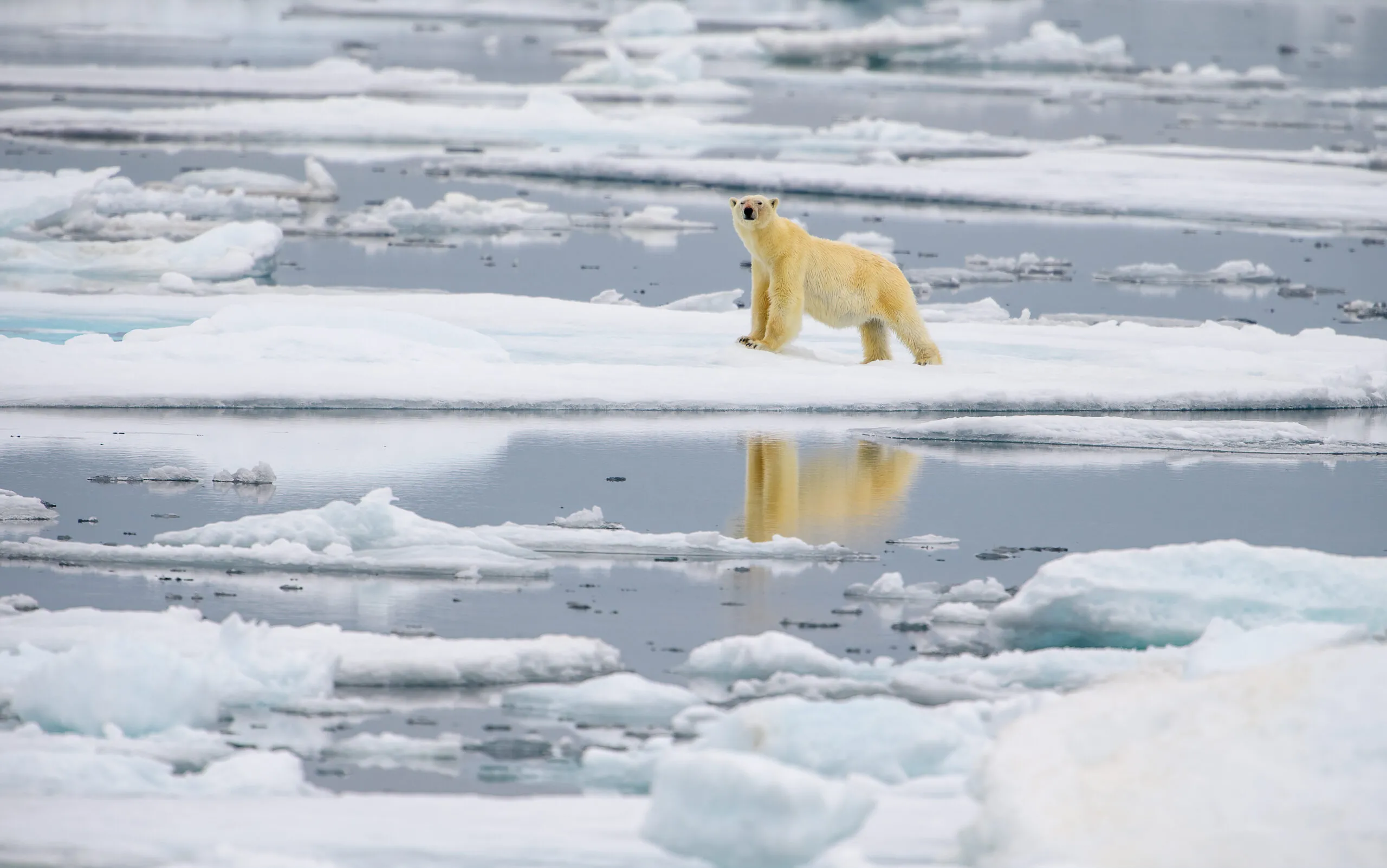
Some people argue that climate change is just a part of Earth’s natural cycle, dismissing the human impact on the environment. It’s true that Earth’s climate has gone through cycles over millions of years, but current changes are happening at an unprecedented rate due to human activity. According to NASA, the rapid increase in greenhouse gases correlates directly with industrialization and human behavior. The evidence is overwhelming: we are contributing to climate change in a way that is not natural. The narrative that it’s all just part of a natural cycle undermines the urgent need for action.
Adopting this perspective can lead to complacency and a lack of motivation to pursue meaningful solutions. If people believe that climate change is natural and inevitable, they might feel there’s nothing they can do to alter its course. This misconception distracts from the pressing reality that human intervention is essential in slowing climate change. It’s important to acknowledge the scientific consensus and take responsibility for our role in climate dynamics. Only then can we implement effective measures to mitigate its impact.
4. The Government Will Handle It

Relying solely on the government to tackle climate change can be a tempting narrative. It’s comforting to think that policies and regulations will take care of everything while we go about our daily lives. However, government action alone is not enough to solve the climate crisis. Policymakers often face significant challenges, including political opposition and economic constraints, which can delay or dilute climate action. While government interventions are crucial, they should complement, not replace, individual and community efforts.
Moreover, not all governments prioritize climate change equally, and progress can be slow and inconsistent. This is why grassroots movements and public pressure are essential to drive significant policy changes. When citizens take action and advocate for change, they push governments to prioritize climate issues. By engaging in climate advocacy and sustainable practices, you contribute to a broader cultural shift that can influence policy decisions. Remember, meaningful change often starts from the ground up.
5. It’s Too Late To Do Anything

The idea that it’s too late to make a difference is a paralyzing thought that stops many from taking action. While it’s true that we’ve already experienced significant environmental changes, declaring defeat is not the solution. According to Dr. Michael Mann, a distinguished climate scientist, “Every bit of additional warming matters.” This means that efforts to reduce emissions, even now, can prevent more severe consequences down the line. It’s never too late to make a positive impact, and every action counts toward a more sustainable future.
Believing it’s too late can also create a sense of hopelessness and helplessness, which is counterproductive. Instead, focus on what can still be done to mitigate the effects of climate change and protect future generations. There are countless ways to engage, from supporting renewable energy initiatives to advocating for environmental policies. Action drives hope and creates momentum for further change. Don’t let the sense of urgency become an excuse for inaction; it should be a catalyst for even stronger resolve.
6. Climate Change Only Affects Polar Bears
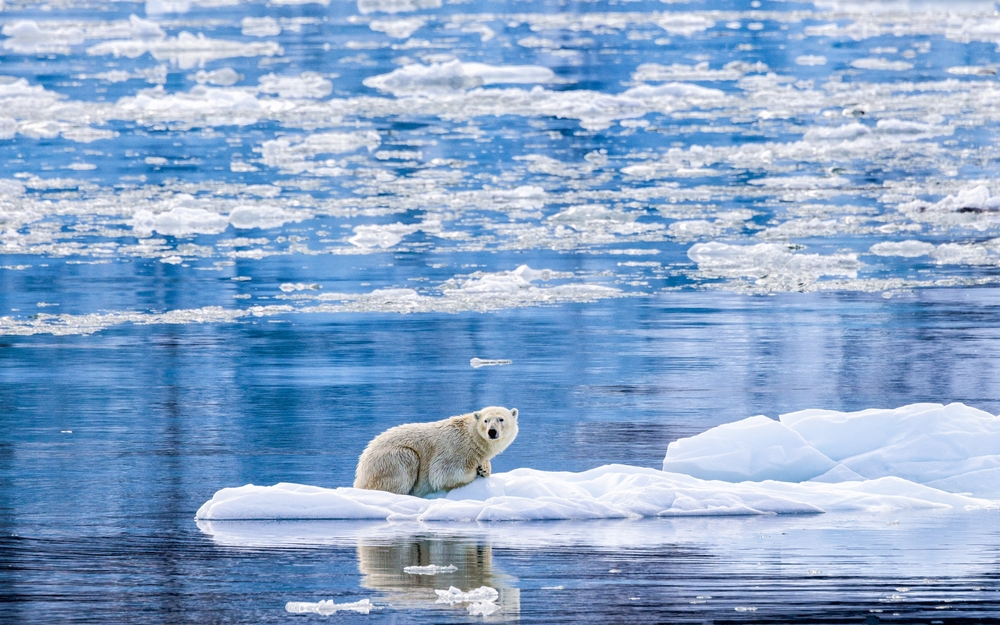
The image of a lone polar bear stranded on melting ice is a powerful symbol of climate change, but it tells only a small part of the story. While it’s true that Arctic animals are severely affected, climate change has far-reaching impacts on ecosystems and human communities worldwide. Rising sea levels, extreme weather events, and shifting agricultural zones are affecting millions of people globally. Many coastal communities face threats to their homes and livelihoods as the oceans encroach on shorelines. Ignoring these broader impacts limits our understanding of the real and present dangers posed by climate change.
Focusing solely on polar bears can create an emotional distance from the issue, making it seem remote and irrelevant to daily life. In reality, climate change affects everyone, whether through increased heatwaves, flooding, or food scarcity. Recognizing that we’re all connected to this global issue is crucial in fostering a collective response. By understanding the varied impacts, you can contribute more effectively to solutions that address both ecological and human challenges. Remember, climate change is not just an environmental issue; it’s a human one too.
7. Renewable Energy Isn’t Reliable
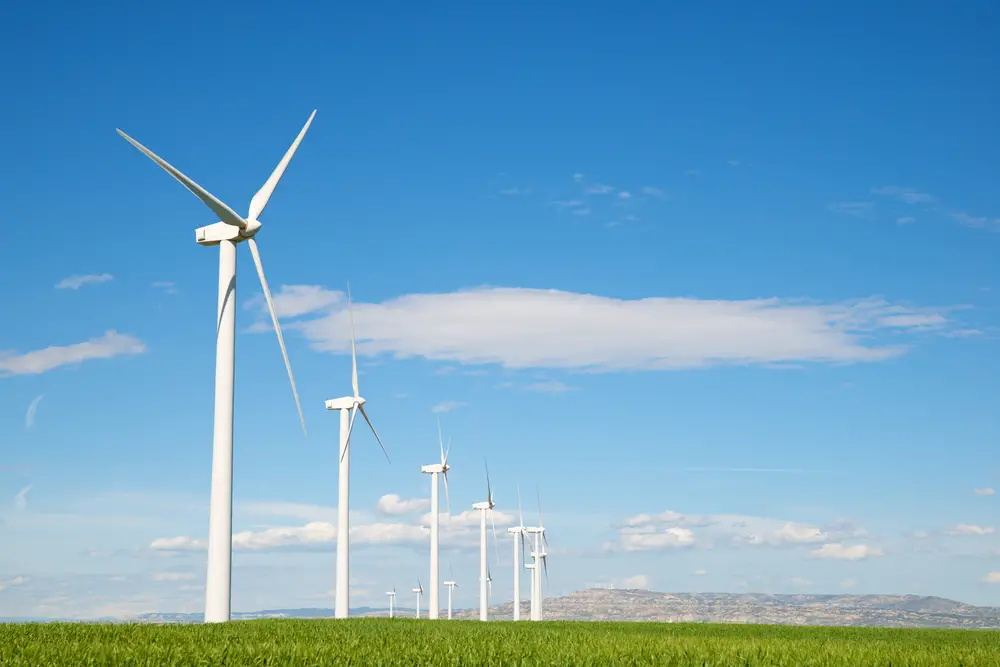
Some argue that renewable energy sources like wind and solar are too unreliable to replace fossil fuels effectively. While it’s true that these energy sources depend on weather conditions, advances in technology have increased their efficiency and reliability over time. According to a report by the International Energy Agency, renewable energy is now the fastest-growing source of electricity globally. Innovations in energy storage and smart grid technology are addressing the intermittency issues, making renewables more dependable. Relying on the myth of unreliability can deter the transition to cleaner energy sources.
The perception of unreliability often stems from outdated information or misconceptions about renewable technologies. It’s important to stay informed about the advancements in energy technology and infrastructure. The transition to renewable energy is not only feasible but essential in reducing emissions and combating climate change. As society invests more in clean energy solutions, reliability will continue to improve, making the shift more viable. Don’t let misconceptions delay the adoption of the sustainable energy solutions we need for the future.
8. I’ve Done My Part Already
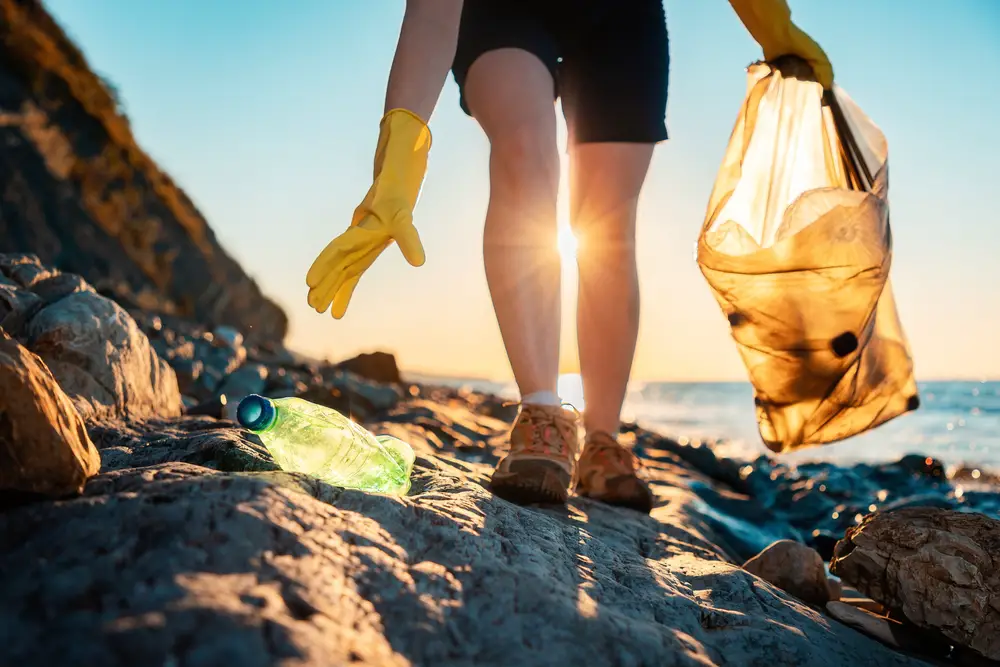
Feeling like you’ve already done enough for the environment can be a comforting thought, but it’s not entirely realistic. Climate action is not a one-time effort; it’s an ongoing commitment that requires continual participation. Whether you’ve installed solar panels or reduced your water usage, there’s always more to be done. The climate crisis is an evolving issue, and our responses must adapt accordingly. Resting on past actions can lead to complacency at a time when sustained effort is more crucial than ever.
It’s also important to realize that individual actions, while valuable, are just one part of the solution. Encouraging systemic changes through advocacy and supporting sustainable policies are equally vital. When you view climate responsibility as a lifelong journey, you open up to new ways to contribute and make a difference. By staying engaged in climate action, you help create a culture of environmental responsibility. Remember, there’s no finish line in the race for sustainability; it’s a continuous path.
9. Climate Change Won’t Affect Me

It’s easy to feel insulated from the impacts of climate change if you haven’t experienced them firsthand. However, it’s a global issue that will eventually affect everyone in some way or another. Whether it’s through economic consequences, health risks, or environmental changes, nobody is truly immune. Ignoring the signs can leave you unprepared for the eventual challenges that climate change will bring. The sooner you acknowledge its potential impact on your life, the more proactive you can be in mitigating its effects.
This mindset often stems from a lack of awareness or understanding of how interconnected our world is. Just because you don’t feel the effects today doesn’t mean they won’t reach you tomorrow. Rising global temperatures, for instance, can lead to more intense storms, affecting supply chains and insurance rates, which in turn impact your daily life. By recognizing that climate change is a shared concern, you can join a broader effort to address it. Awareness is the first step toward meaningful action.
10. Natural Disasters Are Just Bad Luck
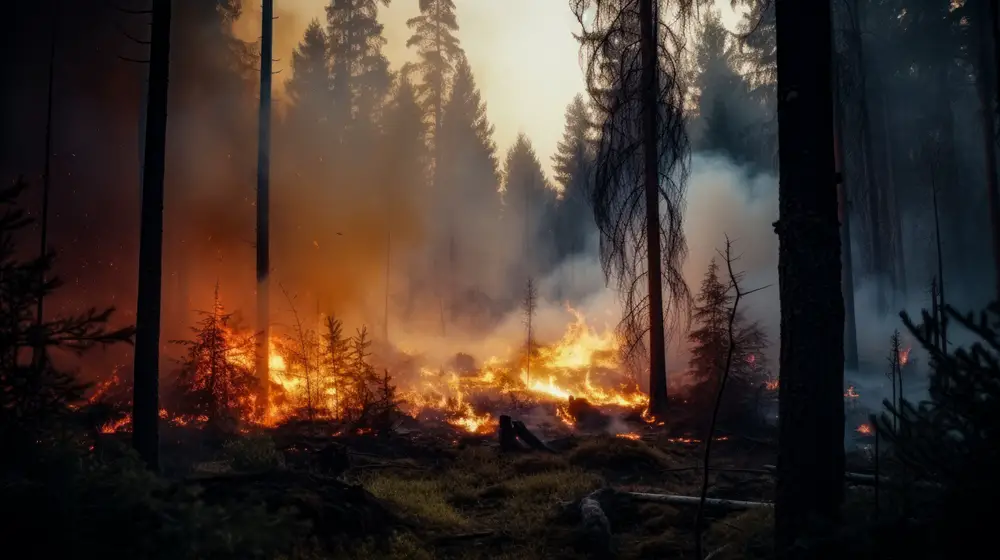
When a natural disaster strikes, it’s tempting to chalk it up to bad luck or a random act of nature. However, there’s a growing body of evidence showing that climate change is increasing the frequency and intensity of these events. While natural disasters have always been part of life on Earth, human activities have amplified their severity. Dismissing them as mere misfortune ignores the role we play in exacerbating these events. Acknowledging this connection is crucial in developing strategies to mitigate future risks.
Believing that disasters are just bad luck can also lead to fatalism, reducing the impetus to take corrective actions. If we attribute them to chance, we might overlook the importance of preparedness and resilience-building. Addressing factors like deforestation and poor urban planning can significantly reduce the impact of natural disasters. By understanding the human influence on these events, you can contribute to efforts that reduce vulnerability and improve recovery. Being proactive rather than reactive is key to navigating our changing world.
11. It’s Someone Else’s Problem

The idea that climate change is someone else’s problem often leads to inaction. It’s easy to deflect responsibility onto corporations, governments, or future generations. However, this mindset overlooks the interconnected nature of climate change and the collective effort needed to address it. Everyone has a role to play, from individuals to businesses and policymakers. By considering it a shared responsibility, we can foster collaborative solutions that benefit everyone.
Passing the buck also creates a false sense of security that someone else will handle the problem. This complacency can delay crucial actions and exacerbate the situation for future generations. Recognizing personal accountability is the first step in contributing to meaningful change. Whether through everyday choices or larger advocacy efforts, your participation matters. Remember, solving climate change requires a team effort, and everyone has a part to play.
12. Economic Growth And Sustainability Can’t Coexist

The belief that economic growth and sustainability are mutually exclusive is a common misconception. While it’s true that traditional economic models have prioritized growth over environmental concerns, this is changing. Innovative approaches and green technologies are proving that economic prosperity can align with environmental goals. The rise of the green economy, which emphasizes sustainable development, is creating new opportunities for economic growth. By embracing sustainable practices, economies can thrive without compromising the health of our planet.
This mindset often stems from a fear of change or a lack of understanding of sustainable business practices. But as more companies adopt sustainable models, it’s clear that growth and sustainability can coexist. Transitioning to a sustainable economy requires investment and innovation, but the long-term benefits outweigh the initial challenges. By supporting sustainable businesses and policies, you contribute to a healthier planet and a robust economy. Economic growth and environmental stewardship can be two sides of the same coin.
13. Future Generations Will Figure It Out

Thinking that future generations will solve the climate crisis is a comforting yet misguided belief. It places the burden of our current inaction on those who will inherit a more challenging planet. While younger generations are increasingly engaged in environmental advocacy, they shouldn’t be solely responsible for cleaning up a mess they didn’t create. By deferring action, we limit the options and resources available to future problem-solvers. It’s crucial to address climate issues now to provide a more stable foundation for future efforts.
Passing the responsibility to future generations can also hinder progress by delaying necessary actions today. Each postponed decision compounds the challenges they will face, making solutions more complex and costly. Instead of waiting for future solutions, we must implement current technologies and practices that reduce emissions and promote sustainability. By acting now, you help pave the way for healthier and more equitable environmental conditions. Remember, the future is shaped by the actions we take today.
